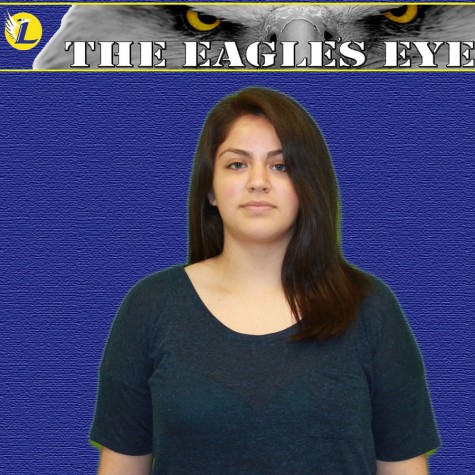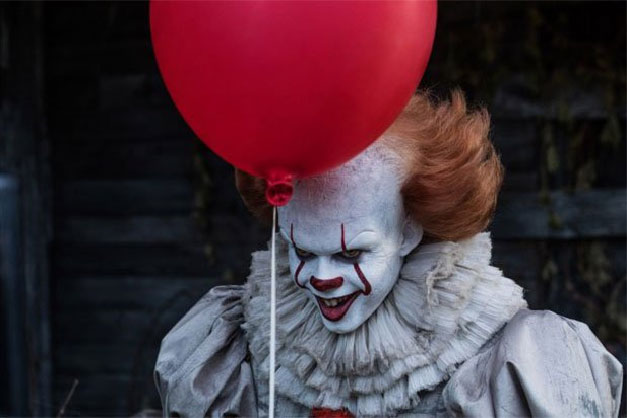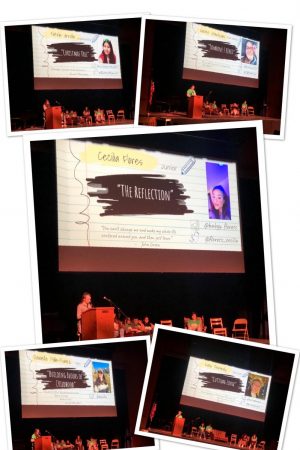Behind the Laugh Track
September 20, 2015
When we turn on our TVs, it is not unusual for us to see ignorant stereotypes that are often in regard to race, disguised as “innocent” banter and behavior. And although we may not realize what these actions and words are insinuating, or maybe we write them off as “fiction”, but they are common in nearly all of our favorite shows. The entertainment industry claims that it’s become more cautious of shows’ content, more careful about the images they perpetuate, however, it seems they have just learned to camouflage them more intricately.
The main character of All in the Family, a 1971 show, was an elderly man who understood stereotypes to be the right way to associate a person’s character with. Four minutes into the twenty third episode of the fifth season, the man, whose name is Archie Bunker, tells his family that he believes smoking is okay behavior since God “put it on the Earth.” His daughter retorts, saying “What about marijuana?” and to that, Archie says “God didn’t plant that; The Mexicans did.” This comment was then followed by a laugh track. Television might appear to have evolved from this blatant ignorance, but has it truly changed?
In 1974, Chico and the Man, a TV series about two men overcoming cultural differences to run a business, was introduced to the screen. A caucasian man begins to kick Chico, a Latino man, out of his garage, saying things like “get out of here and take your flies with you,” and he later tells him he can’t give him a job because “everyone knows your people are lazy, and if I gave you a job you’d just take a break.” These comments portray Latinos as acceptant of the negative stereotype, as they agree with the statements. The scene characterizes Latinos as a lazy, submissive, and ditzy people. But that was forty years ago, right?
In 2014, a middle aged Latina with big dreams starred on the the comedy show titled Cristela. This time, the story revolves around a hard working Latina trying to become the best lawyer possible to show all those who said she couldn’t do it. The problem at hand is that her boss constantly makes comments about her and “her people,” implying her and Mexicans are all the same. Behind every racist comment, in 1971 through 2014, there is always a laugh track, or chuckles that tell the audience that racism is not so malignant when it’s inside a box. These days, Americans are told “hey! it’s okay to say these offensive things because the Latino community thinks it’s funny too.” Cristela always comes back with a witty comment after something offensive is said to her, but it’s not good enough because she’s not actually solving the problem of her racist environment.
The stereotypes on our screens haven’t changed much. These are all family shows, and when a child watches them, they are taught that it’s okay to make offensive comments aimed at cultures just because the people on TV laugh at it.








